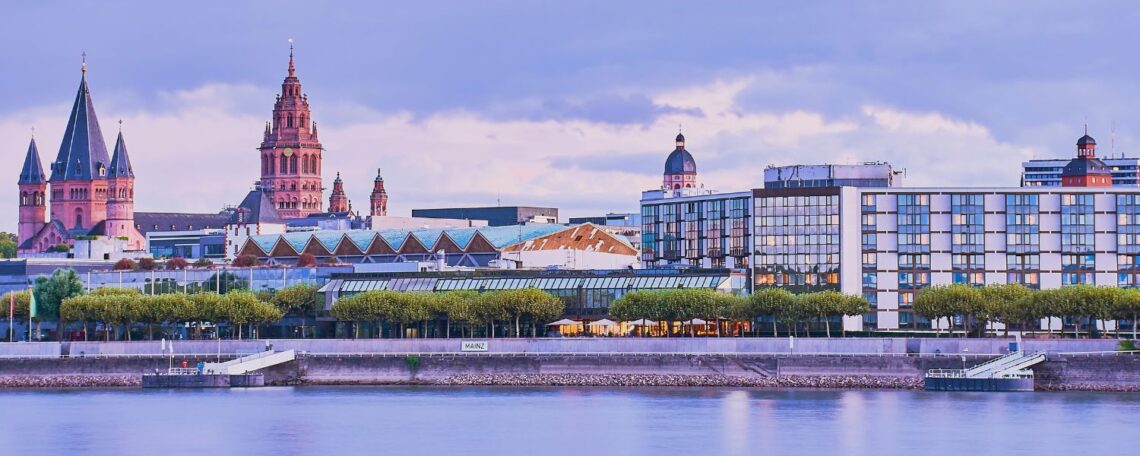If you reside in the state of Rhineland-Palatinate, Germany, you must complete the German naturalization test for Rhileland-Palatinate, also known as Einbürgerungstest, which is required for German naturalization and certain visa processes. Besides those in English, the German questions and answers you see on our website, Vasistdas.de, are automatically selected based on your chosen state and are similar to those you will encounter in the actual exam. The naturalization test for Rhineland-Palatinate on our site is intended solely for practice. To take the official test, you must schedule an appointment with the VHS (Volkshochschule) in Rheinland-Pfalz (Rhineland-Palatinate) or with private institutions that offer German courses.
If you would like to learn more about the Germany taturalization test, feel free to check out our post that is called Naturalization test in Germany“. In case you want to get state specific information or apply, Rhineland-Palatinate has developed a comprehensive guide on naturalization.
In addition, don’t forget to plan your vacations by taking a look at the holidays in Rhineland-Palatinate.
Rhineland-Palatinate citizenship test in English
Please note: The English translations included in the German naturalization test for Rhineland-Palatinate are provided solely to help you understand the content. The official test will not include any questions or answers in English. The questions and answers available on our site for the Germany Naturalization Test have been sourced from the official website of the German Federal Office for Migration and Refugees and have been translated into English. If you wish to take the Life in Germany Test for a different state in Germany, please go back to our main page.
More about the state of Rhineland-Palatinate
Before reviewing the questions and answers for the German naturalization test for Rhineland-Palatinate, let’s briefly get to know the state. Rhineland-Palatinate is a state located in southwestern Germany, bordering Saarland and Baden-Württemberg. Its capital is the city of Mainz. The state has a population of 4 million and covers an area of approximately 20,000 square kilometers. Other important cities include Kaiserslautern, Koblenz, Landau, Trier, and Ludwigshafen.
Rhineland-Palatinate is highly developed in wine production, accounting for two-thirds of Germany’s total wine output. As a result, grape cultivation is also extensive in this state. However, wine production is not the state’s only source of income. Rhineland-Palatinate is also a major player in the timber industry. Additionally, the chemical and automotive sectors are sufficiently developed to support more advanced states in these industries. BASF, a highly advanced chemical company, is located in this state.
Rhineland-Palatinate is rich in historical landmarks, with several sites listed as UNESCO World Heritage Sites. The “Dom Speyer” is one such example. The state also has numerous parks and zoos that are worth visiting, such as Eifelpark Gondorf, Holiday Park Haßloch, and the Kaiserslautern Zoo, which are among the most famous. Good luck with your citizenship test for Rhineland-Palatinate!


